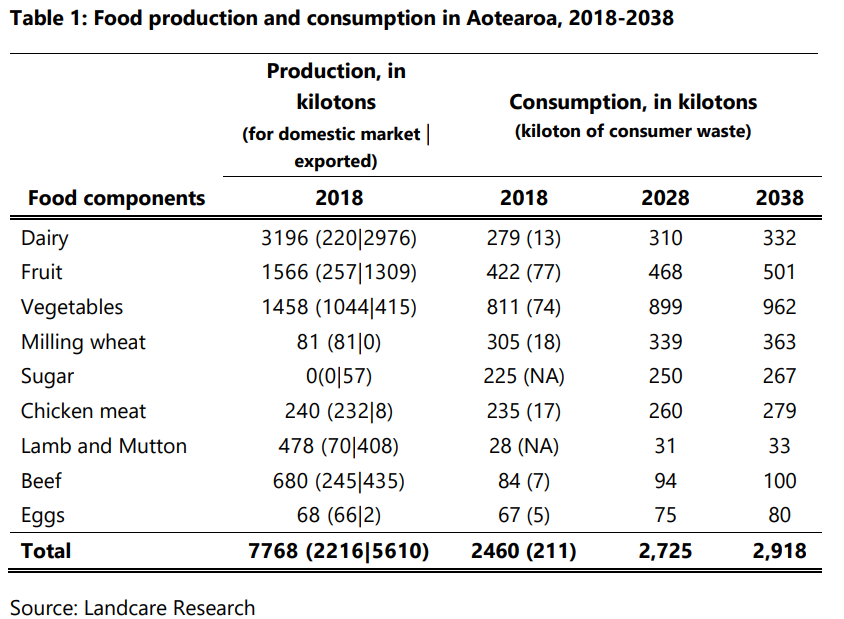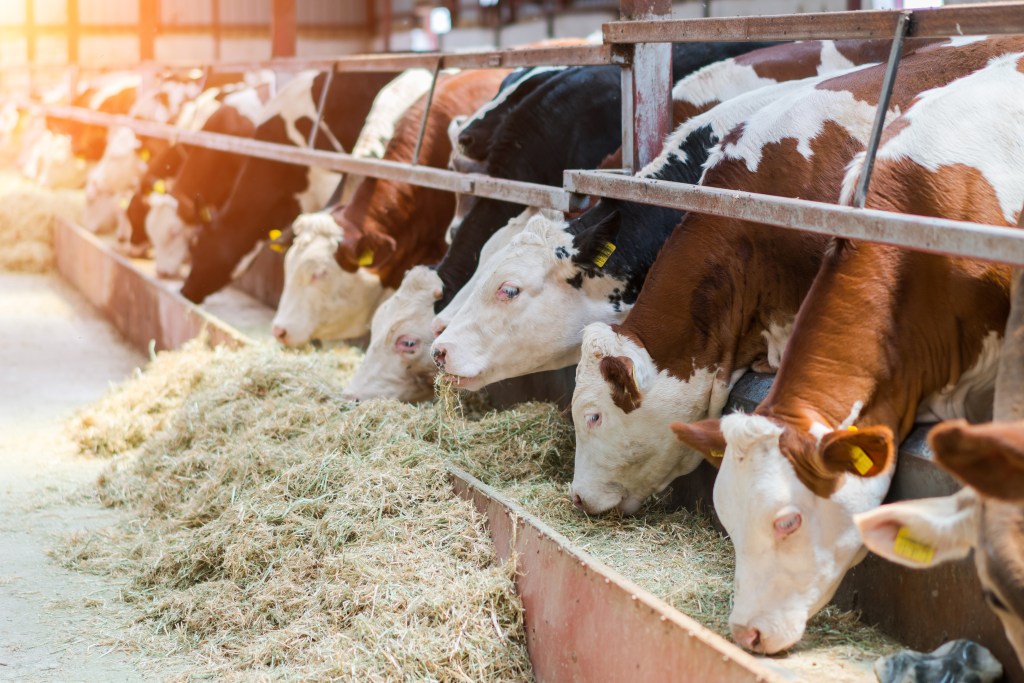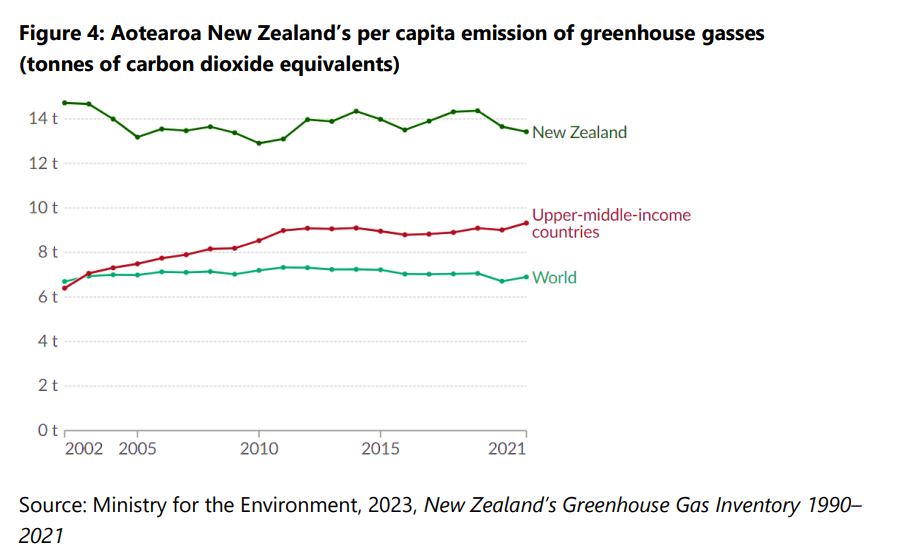Experts in academia and public health in New Zealand are calling for increased research and a national food strategy to increase sustainability and resilience in the country’s food systems.
Lincoln University Professor of Agricultural Economics, Alan Renwick, described the current situation in New Zealand as a ‘food system in disarray’. He says before forming a strategy, the depth and breadth of the challenges within the food system need to be understood.
“We have major challenges with waste – up to one-third of the food we’re producing is not being consumed,” Professor Renwick said in a news release published by the university. “This, coupled with a food system incurring high input costs, means we are using costly resources to produce food that is thrown away.”

Professor Renwick also emphasised the environmental impacts of NZ’s current food system – the Food and Agriculture Organisation of the United Nations has estimated that for every NZ dollar of output in the food system, there are 83 cents of environmental hidden costs, including greenhouse gas and nitrogen emissions, along with water quality and scarcity.
Professor Renwick says further research is required to shape a national food strategy.
“As Co-Director of the Lincoln University Centre of Excellence Transformative Agribusiness, we investigate alternative energy and sustainable food systems. Continued research of circular approaches will offer enhanced solutions for food production designed to reduce our footprint and waste.”

‘Rebalancing’ NZ’s food systems
The NZ Ministry of Public Health echoed academics’ call for a “rebalanced food system” in a recently published paper.
The paper notes that as a major producer and exporter of many of the highest-emissions products in the above figure, including beef and lamb, New Zealand is internationally a major producer of greenhouse gases.
Data shows that the country holds a higher per capita emission of greenhouse gases relative to both the rest of the world and other upper-middle-income countries, with a recent report from the Ministry for the Environment noting that roughly half of New Zealand’s greenhouse gas emissions come from its agricultural industry.

“It has become clear that while our methods of producing food have ensured good financial returns for some communities, they threaten systems that are vital to our wellbeing and that of future generations,” write the paper’s authors.
“From the pollution of our land, air and water, through to our producing and importing highly processed foods that weaken farming and food-growing traditions and skills, such imbalances are causing significant social, environmental, economic and health harms for many people.”
The paper’s authors highlight the environmental benefits of moving towards healthier ways of eating, such as plant-based diets. They also propose an array of approaches to the problems, including working to establish a cross-government entity for food and food security.
Professor Renwick also believes that the government needs to take the lead on a national food strategy, whilst acknowledging the importance of all stakeholders from the food system being involved. Those include advocates for exporting primary production and those who want a greater focus on supplying food locally.
Professor Renwick says achieving this level of cooperation and collaboration will require a move away from traditional policymaking.
“Most policies focus on individual aspects of the food system,” Renwick says. “Rather, all aspects – at the farm level, environmental, trade, health and nutrition for all New Zealanders – need to be considered within a framework that understands how they are interrelated. This supports a coordinated response so that one facet of the food system does not negatively impact another.”
To stay up-to-date on the latest industry headlines, sign up to Future Alternative’s enewsletter.
Posted on:


